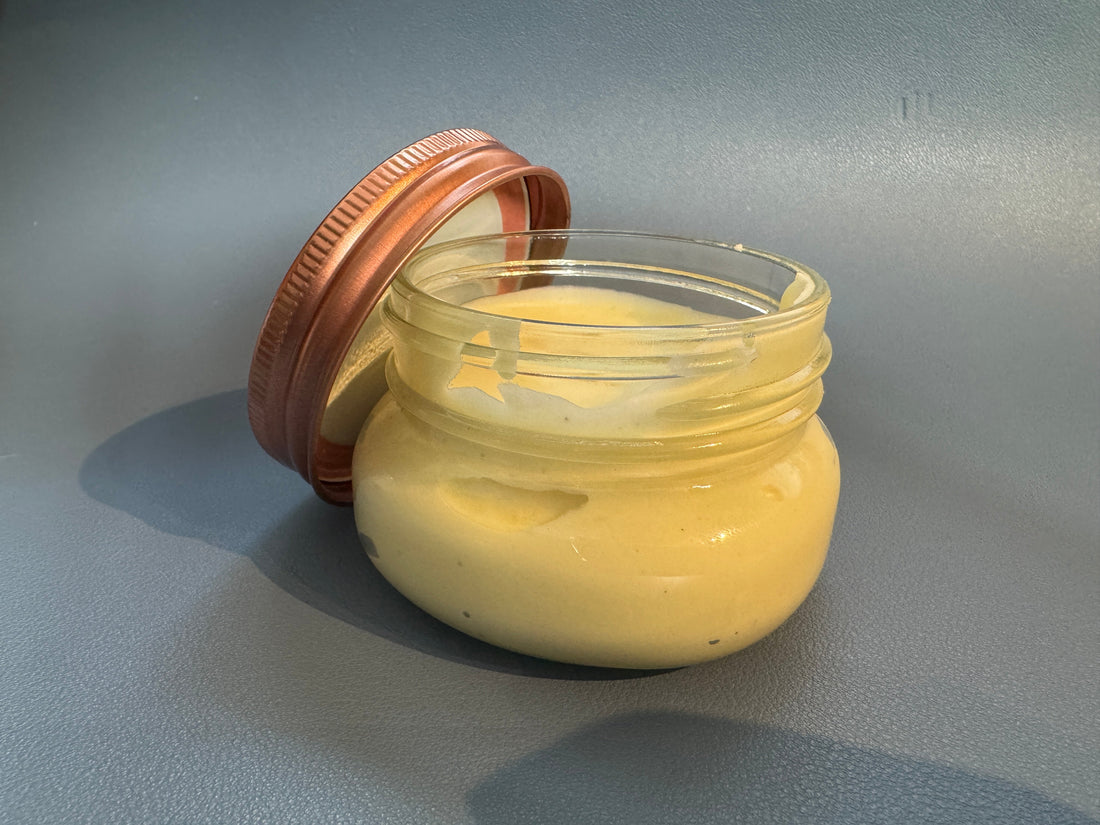
Winter Herbs for Healthy Skin: Nature’s Cold-Weather Remedy
RoniLynn ShroutShare
Winter Herbs for Healthy Skin: Nature’s Cold-Weather Remedy
As winter arrives, the harsh cold air, low humidity, and indoor heating can leave skin feeling dry, chapped, and irritated. Fortunately, nature provides a variety of herbs that nourish and protect the skin during the colder months. Incorporating these powerful botanicals into your skincare routine can help keep your skin healthy, hydrated, and glowing all winter long.
1. Calendula – The Soothing Skin Healer
Calendula is well-known for its anti-inflammatory, antimicrobial, and skin-soothing properties. It helps combat winter dryness, soothes irritated skin, and promotes healing from chapped areas or minor wounds.
- How to Use: Infuse calendula flowers in carrier oils like olive or jojoba for a gentle moisturizer, or use calendula tea as a skin-soothing rinse.
2. Chamomile – The Gentle Calmer
Chamomile is rich in antioxidants and flavonoids, making it an excellent herb for reducing redness, irritation, and sensitivity during winter. It’s particularly useful for sensitive or eczema-prone skin.
- How to Use: Brew chamomile tea and use it as a facial rinse, add it to bathwater, or incorporate chamomile-infused oils into your skincare routine.
3. Lavender – The All-Around Protector
Lavender offers antibacterial, antifungal, and soothing properties, making it a winter skincare must-have. It helps relieve dry skin, minor cuts, and even acne that may flare up due to winter stress.
- How to Use: Use lavender-infused oils, add lavender essential oil to homemade balms, or mix a few drops into your winter moisturizer.
4. Rosehip – The Hydrating Superhero
Rosehip is packed with vitamin C, antioxidants, and essential fatty acids that deeply nourish the skin. It helps to repair damage, prevent moisture loss, and improve skin elasticity.
- How to Use: Apply rosehip oil directly to the skin, mix it with other oils, or use it as a serum before your winter moisturizer.
5. Comfrey – The Skin Regenerator
Comfrey is rich in allantoin, which helps accelerate skin cell regeneration and provides deep hydration. It’s particularly effective for rough, cracked skin.
- How to Use: Use comfrey-infused salves or lotions to treat dry patches and promote healing.
6. Peppermint – The Refreshing Reviver
Peppermint helps to stimulate circulation, keeping the skin looking fresh and vibrant. Its cooling effect can also relieve winter itchiness.
- How to Use: Add peppermint-infused oils to a winter balm, or mix peppermint tea with honey for a refreshing face mask.
7. Aloe Vera – The Ultimate Hydrator
Although aloe vera is often associated with summer sunburn relief, it’s equally effective in winter for locking in moisture and calming irritated skin.
- How to Use: Apply fresh aloe gel directly to dry skin or mix it with other herbs like chamomile for extra soothing benefits.
8. Rosemary – The Circulation Booster
Rosemary is packed with antioxidants that help protect skin from winter damage while improving blood circulation to keep skin looking radiant.
- How to Use: Use rosemary-infused oils in facial or body moisturizers, or incorporate rosemary water as a toner.
9. Oatstraw – The Deeply Nourishing Herb
Oatstraw is full of vitamins and minerals that nourish the skin and combat winter dryness.
- How to Use: Create an oatstraw-infused oil for a deeply hydrating body moisturizer, or add oatstraw tea to bathwater.
10. Thyme – The Acne-Fighting Herb
Thyme has strong antibacterial properties, making it a great natural remedy for acne that may appear due to winter dryness or stress.
- How to Use: Create a thyme-infused facial toner or mix thyme essential oil into a lightweight serum.
Conclusion
Winter doesn’t have to mean dry, irritated skin. By incorporating these skin-nourishing herbs into your routine, you can maintain a healthy glow and protect your skin from the harsh elements. Whether used as herbal infusions, essential oils, or homemade balms, these natural remedies will keep your skin soft, hydrated, and radiant all season long.




